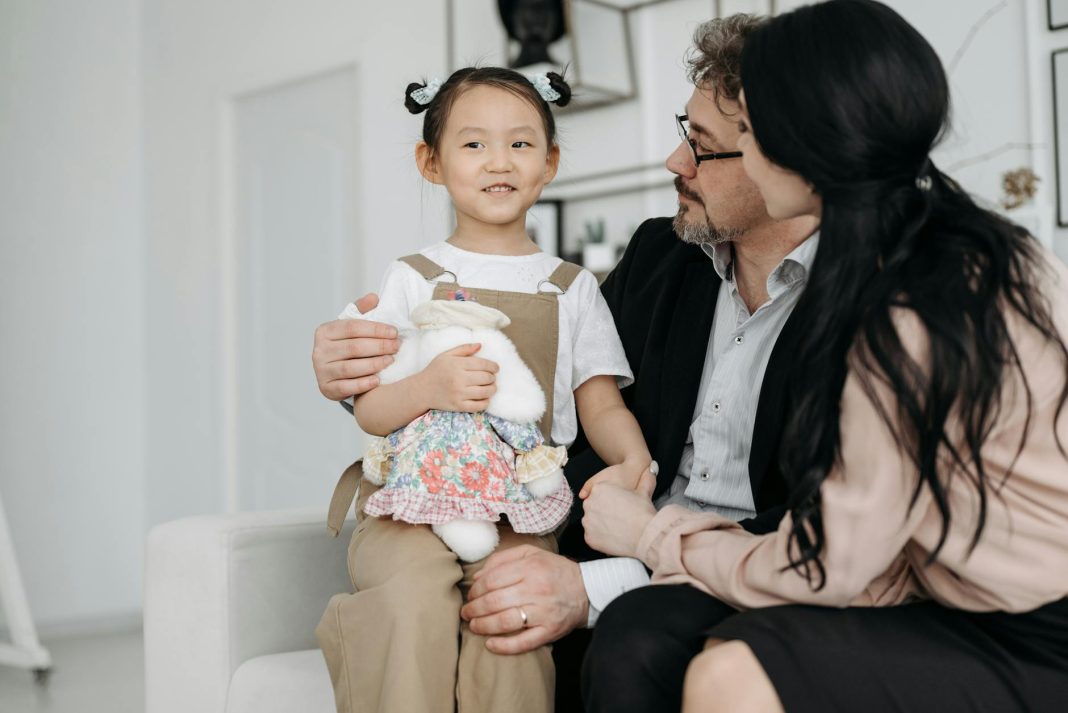So, you’re embarking on the incredible, often challenging, always rewarding journey of adoption or foster care. Congratulations! Let’s be honest, though: it’s a rollercoaster. There will be breathtaking highs, terrifying dips, and unexpected loops. This isn’t a sugar-coated guide; it’s a realistic, compassionate conversation from one parent on the ride to another.
The Before: Setting Expectations
Before a child even enters your home, prepare yourselves. Read everything you can. Talk to other adoptive and foster parents – find a support group, online or in person. The more you understand the potential challenges, the better equipped you’ll be to handle them. Don’t romanticize it; this isn’t about magically fixing a broken child. It’s about providing a safe, loving, and consistent environment where healing can happen.
Understand that trauma is real. Children entering the system often carry significant emotional baggage. They might exhibit challenging behaviors – anger, aggression, withdrawal – that aren’t personal attacks against you. These behaviors are often manifestations of past trauma, and they need patient understanding and professional support.
The Arrival: Navigating the Initial Days and Weeks
The first few days, weeks, even months, can be intensely emotional. For the child, it’s a huge transition. For you, it’s a blend of joy, anxiety, and perhaps even a touch of imposter syndrome. Be patient, be present, and let the child lead the pace. Don’t push for instant bonding. It’s a process, and it unfolds differently for every child and every family.
Create a safe space. This could be a special corner in their room, a comfortable chair, or simply a quiet time together. Establish routines – predictable mealtimes, bedtime stories, consistent discipline. Routine provides a sense of security and normalcy in a chaotic world.
The Challenges: Addressing Difficult Behaviors
Let’s talk about the tough stuff. Behavioral challenges are inevitable. Tantrums, defiance, aggression – these are common responses to trauma. Don’t take it personally. Seek professional help immediately. A therapist specializing in attachment trauma can provide invaluable support and guidance. Consider joining a support group for adoptive and foster parents; sharing experiences can be incredibly validating and helpful. Becoming a Family: A Honest Guide to Adoption and Foster Care
Remember self-care is crucial. You can’t pour from an empty cup. Find time for yourself, even if it’s just 15 minutes a day. Take a walk, read a book, meditate – anything that helps you recharge and de-stress. Enlist help from family and friends; don’t be afraid to ask for assistance.
Building Bonds: Small Acts, Big Impact
Bonding isn’t a grand gesture; it’s a collection of small, consistent acts of love and care. Spend quality time together, reading, playing games, or simply cuddling. Focus on the child’s individual interests and passions. Find activities you can do together that build trust and connection.
Pay attention to their love language. Some children respond to physical affection, others to acts of service, words of affirmation, or quality time. Learn what makes your child feel loved and secure, and tailor your interactions accordingly.
Celebrate achievements, no matter how small. Mastering a new skill, completing a homework assignment, overcoming a fear – these are all milestones worth celebrating. Acknowledge and praise their efforts to build their self-esteem and confidence.
The Long Game: Patience and Perseverance
Adoption and foster care is a marathon, not a sprint. There will be setbacks, moments of doubt, and days when you feel overwhelmed. Don’t lose heart. Remember why you started this journey. Focus on the progress, however small, and celebrate the victories along the way.
Stay connected with your support network. Talk to your partner, friends, family, your therapist, or your support group. Sharing your struggles and celebrating your successes helps you navigate the challenges and appreciate the joys.
Above all, remember that you are not alone. Many parents are walking this path alongside you. Seek help when you need it, celebrate the victories, and never underestimate the power of love and perseverance. The rollercoaster ride is worth it.
Resources:
This is not an exhaustive list, but a starting point. Research resources specific to your location and situation.
- Your local child protective services agency
- Adoption agencies
- Foster care organizations
- Therapists specializing in attachment trauma
- Support groups for adoptive and foster parents

